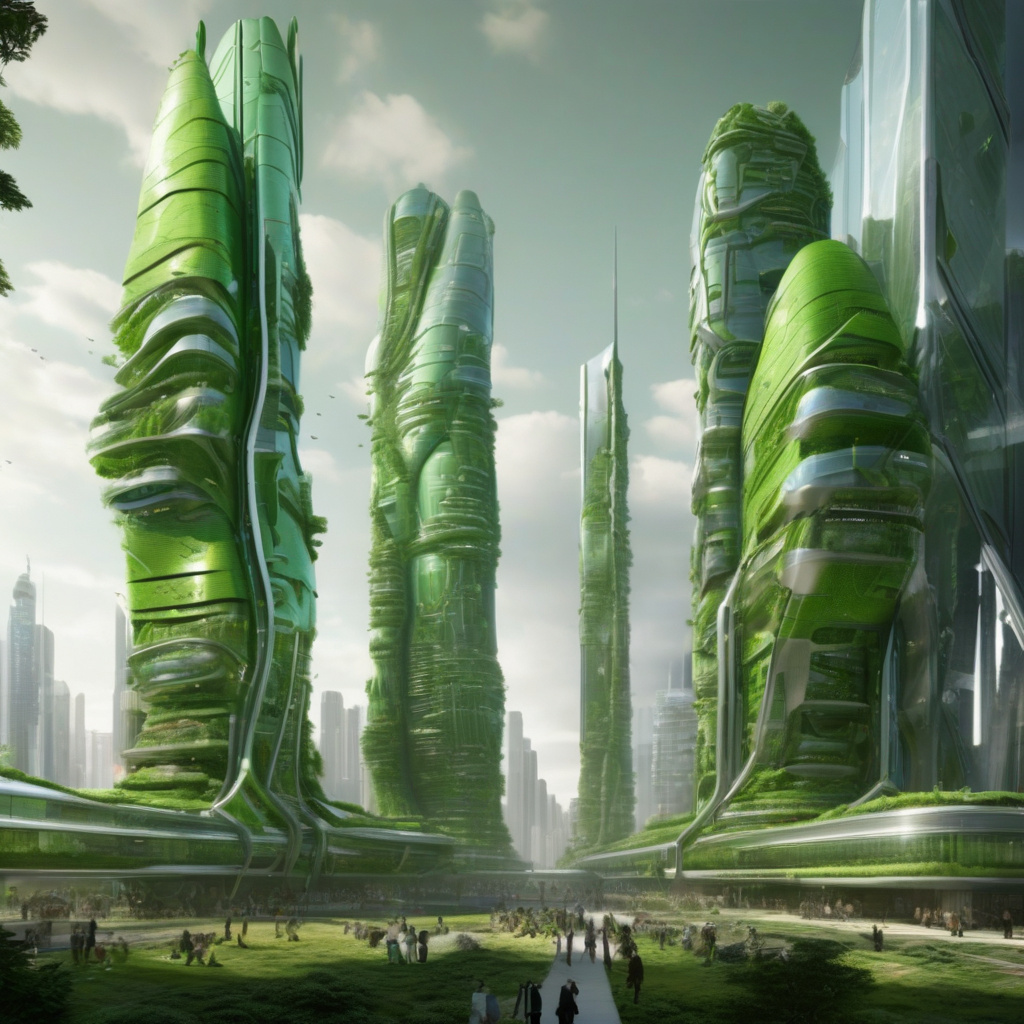Green AI: Balancing Progress and Sustainability
Artificial Intelligence (AI) has quickly become a dominant force in shaping our future, revolutionizing industries and transforming the way we live and work. However, as AI continues to advance, it is also emerging as a significant driver of environmental strain, raising concerns about its impact on sustainability. The concept of “Green AI” has thus entered the conversation, highlighting the need to balance technological progress with ecological responsibility.
AI technologies, such as machine learning algorithms and data centers, consume massive amounts of energy. Training a single large AI model can generate as much carbon emissions as five cars in their lifetimes. Moreover, the energy-intensive nature of AI infrastructure, including cooling systems for data centers, further contributes to its environmental footprint. As AI continues to proliferate across industries, so does its energy consumption, leading to a significant increase in carbon emissions.
Despite these challenges, AI also holds immense potential to drive sustainable solutions. By harnessing the power of AI, businesses and organizations can optimize their operations, reduce waste, and make more environmentally conscious decisions. For example, AI-powered systems can help predict energy consumption patterns, enabling better resource management and efficiency. In agriculture, AI technologies can optimize crop yields, reduce water usage, and minimize the need for harmful pesticides. Additionally, AI is instrumental in monitoring and combating climate change, from analyzing weather patterns to predicting natural disasters.
The tension between progress and sustainability is evident in the ongoing debate surrounding AI development. On one hand, AI offers innovative solutions to complex problems, driving efficiency, productivity, and economic growth. On the other hand, its environmental impact raises urgent questions about the long-term sustainability of our technological advancements. The challenge lies in finding a balance between harnessing the potential of AI for progress while mitigating its adverse effects on the environment.
Efforts to promote Green AI are already underway, with initiatives focusing on developing energy-efficient AI algorithms, optimizing data center operations, and promoting sustainable practices within the tech industry. Companies are increasingly recognizing the importance of incorporating environmental considerations into their AI strategies, not only to reduce their carbon footprint but also to enhance their reputation and appeal to environmentally conscious consumers.
Ultimately, the battle between progress and sustainability in the realm of AI underscores the need for a holistic approach to technological innovation. By prioritizing sustainability in AI development, we can harness the full potential of this transformative technology while minimizing its environmental impact. Green AI represents a paradigm shift towards a more responsible and sustainable future, where innovation and ecological responsibility go hand in hand.
In conclusion, the rise of Green AI highlights the critical need to balance technological progress with environmental sustainability. By addressing the challenges of energy consumption and carbon emissions associated with AI development, we can unlock its full potential as a force for positive change. As we navigate the complex landscape of AI and sustainability, it is imperative that we strive towards a future where innovation serves not only progress but also the well-being of our planet.
Green AI, sustainability, technological progress, environmental responsibility, innovation.












